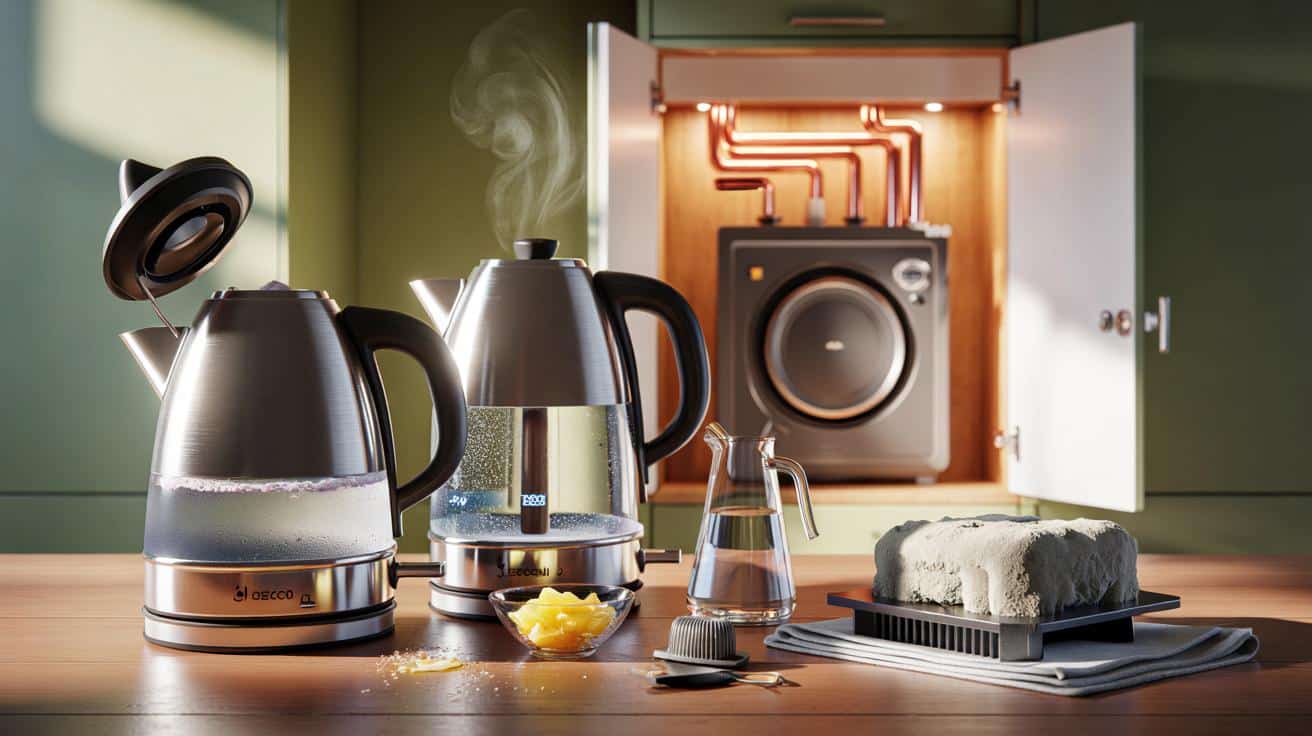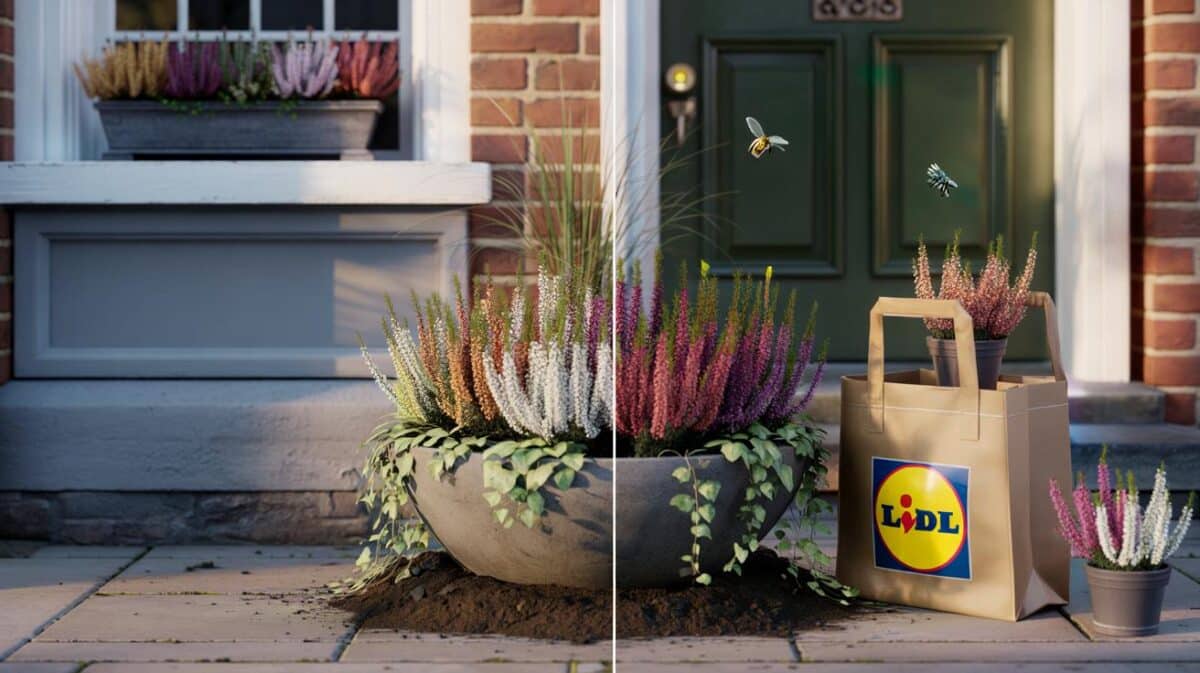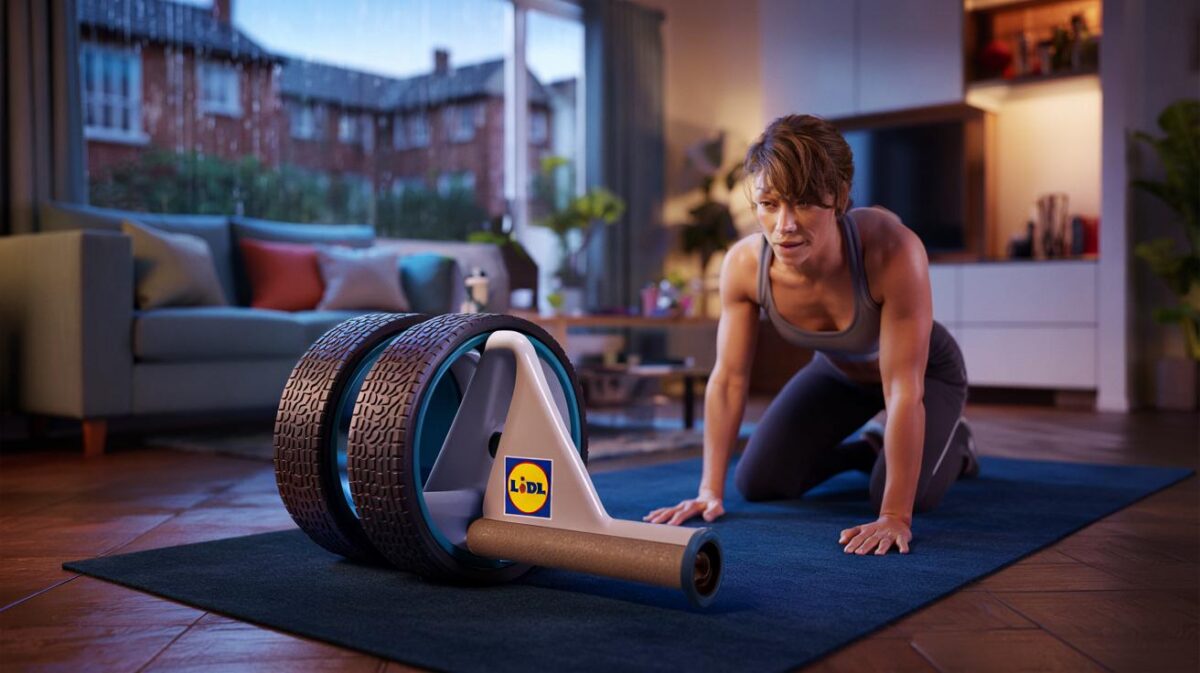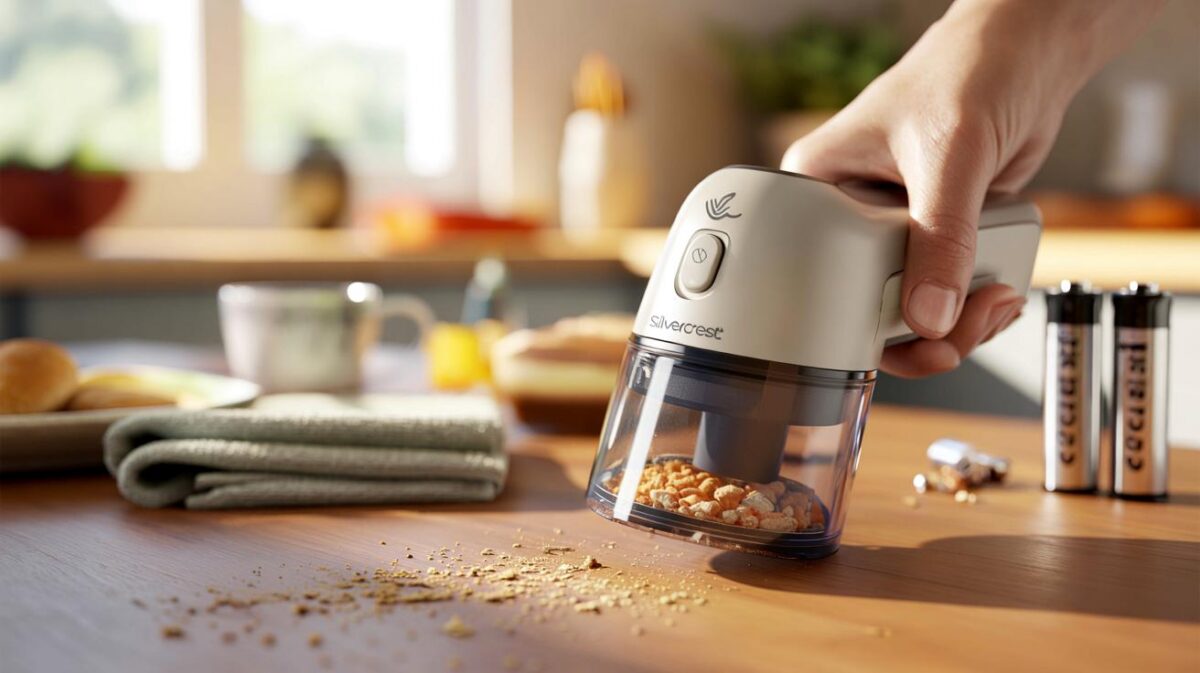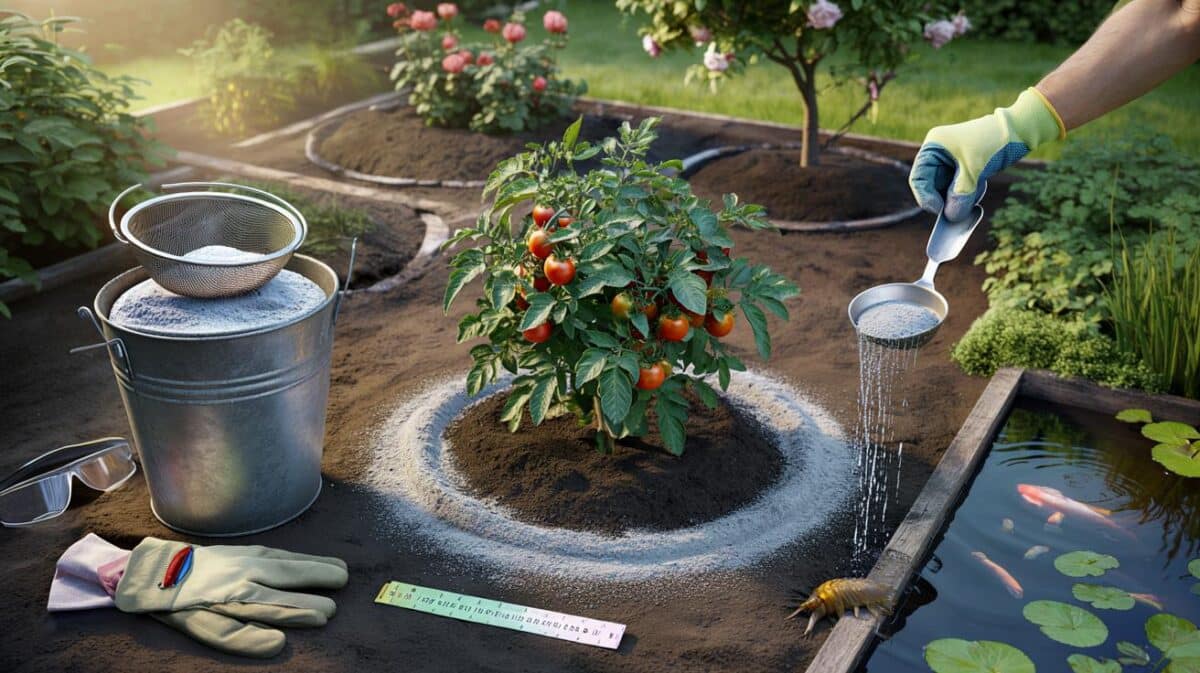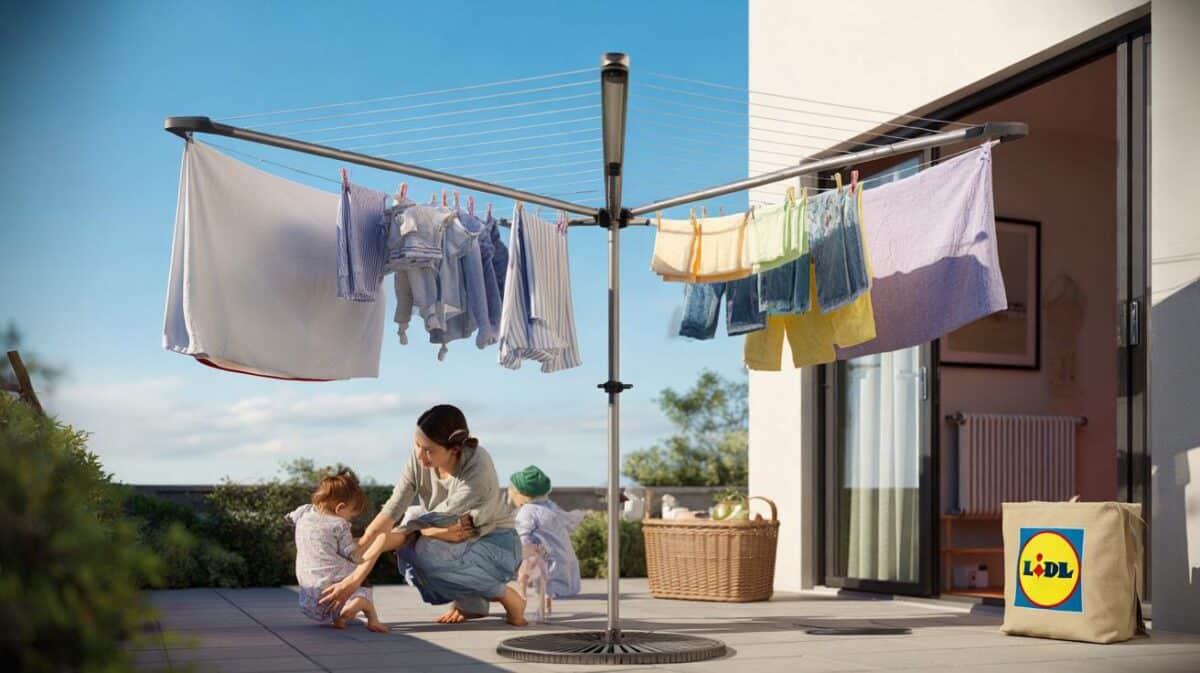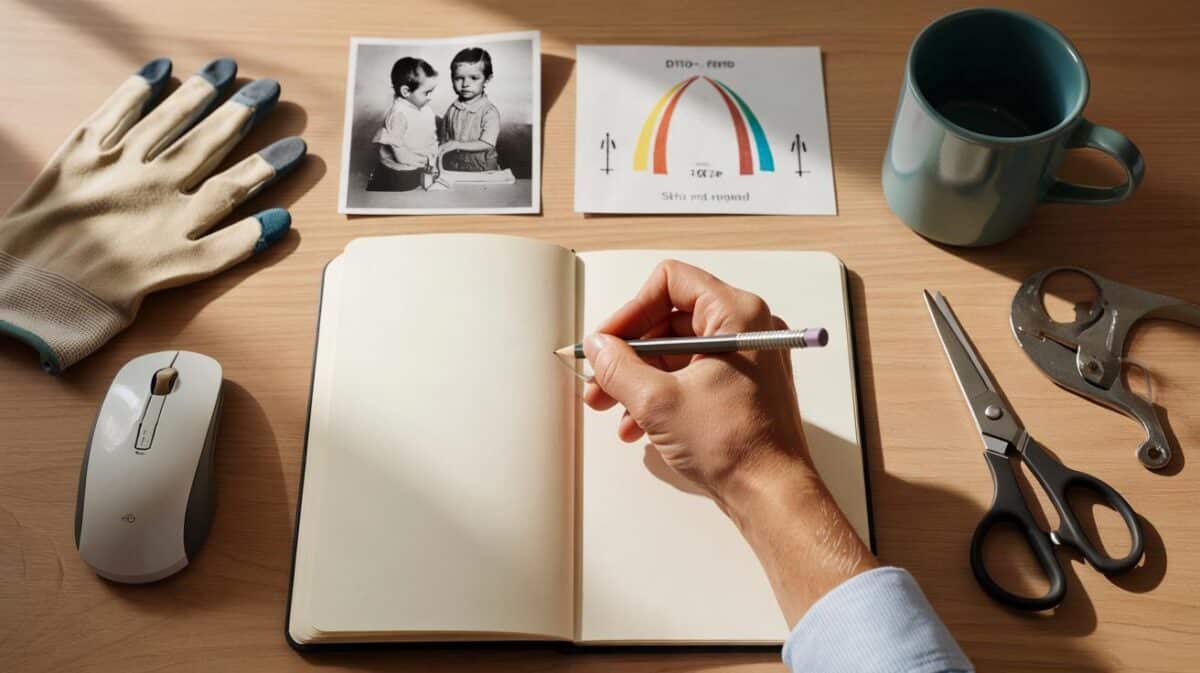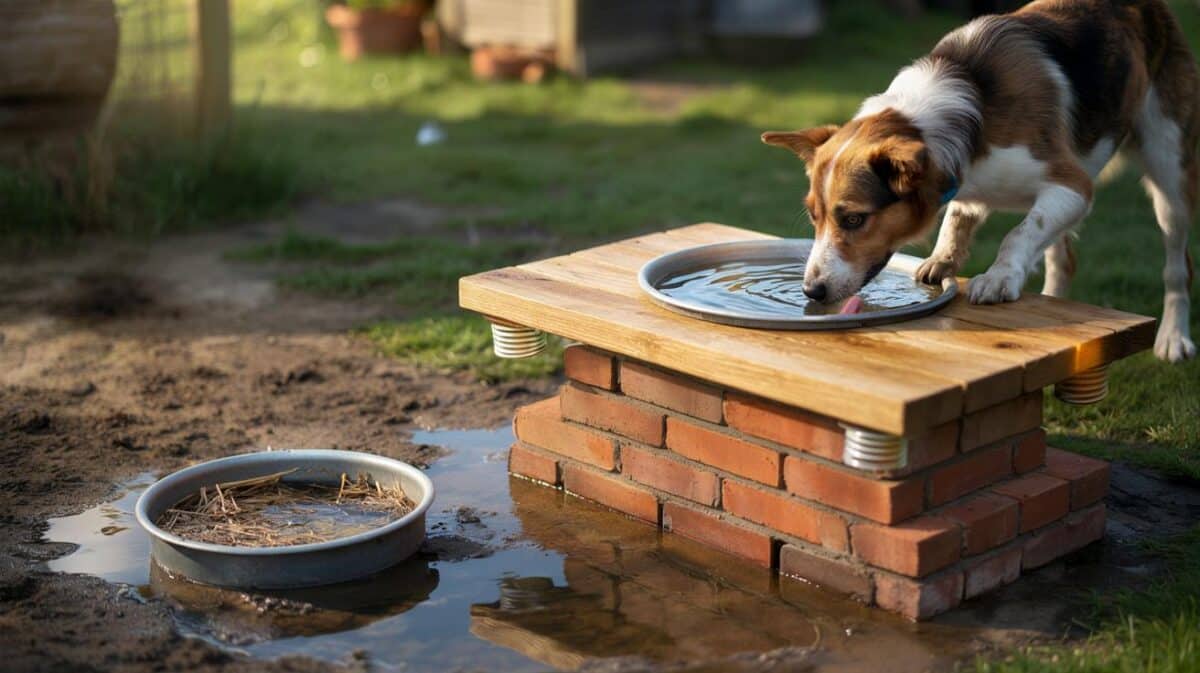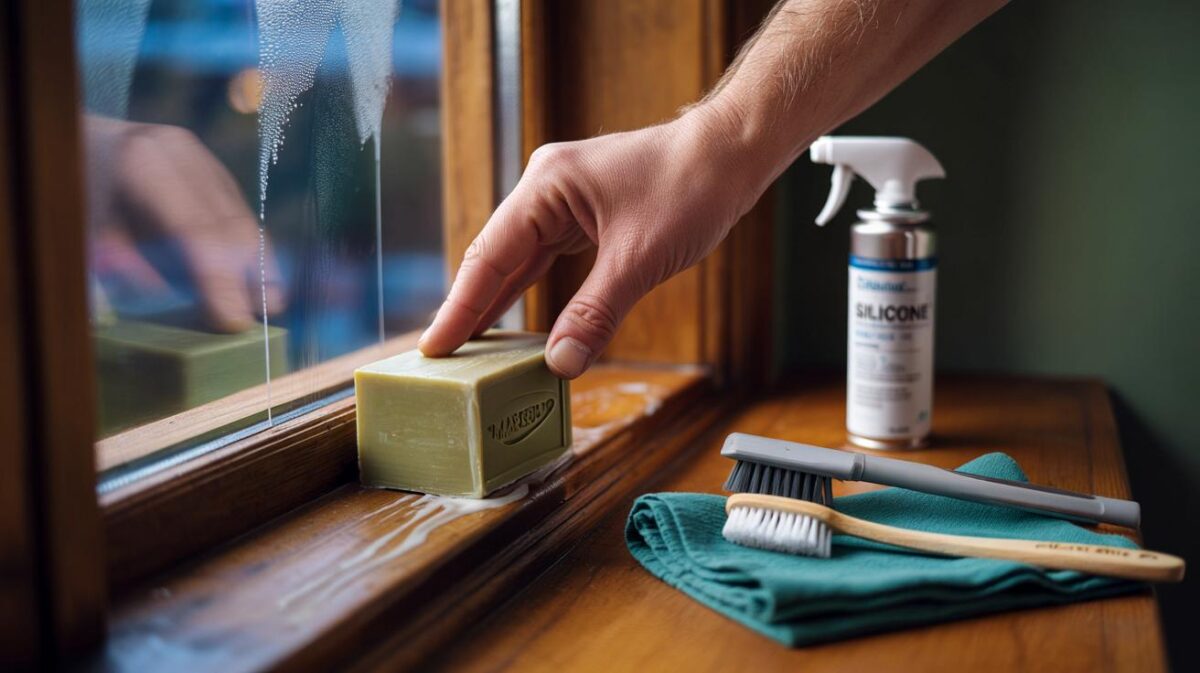Fair. But that chalky crust is a message from your plumbing. Those same minerals that cling to your element are drifting through your pipes, drifting into your combi, quietly lining the heat exchanger like a winter coat it never asked for. Drinks turn dull. Bills creep up. Boilers start to whisper, then rattle. The fix begins in your kitchen.
The kettle started to sing before it boiled. Not a whistle, a scratchy hiss like rain on a hot pavement. I lifted the lid and there it was: a grey-white rind on the element, flakes drifting like snow in a shaken globe. The tea tasted fine yesterday, but today it had that chalky edge you can’t un-taste. We’ve all had that moment when you pour a brew and spot the tiny white crumbs swirling in the mug. A small domestic shrug. Still, it nagged at me. What else is furred up that I can’t see? The answer sat in the airing cupboard.
From a furry kettle to a tired boiler
Stand by the sink and look at your kettle after a few weeks in a hard-water postcode. You’ll see a ring forming, a pale shoreline that creeps up the walls. That’s calcium carbonate, shook loose when heat meets minerals. **A scaled kettle is a symptom, not just a kitchen quirk.** The same water runs through the coil of your boiler. The same minerals find hot metal and stick, layer by thin layer. Tea goes bland. Showers lose punch. The boiler starts a growl you only notice at night, when the house is quiet and you’re waiting for the click of the thermostat.
Ask a heating engineer about “kettling” and watch the eyebrow lift. In Croydon last winter, a young couple thought their combi was dying. The radiators were warm but the boiler chattered, and the gas bill had jumped a quarter. Their kettle? A chalk cave. The engineer cracked open the heat exchanger and found scale like pastry. He didn’t lecture. He just showed them the plate. Industry testing often quotes this rule of thumb: even 1 mm of limescale on a heat surface can bump energy use by around 7–10%. One millimetre doesn’t look like much. On a bill, it does.
Scale forms fast where heat is intense. Minerals stay invisible in cold mains water, then precipitation begins as soon as the temperature climbs. On the kettle element, it settles into a jacket. In a boiler, it wraps the heat exchanger so the flame must work harder to push warmth through to the water. That jacket acts like insulation, building hotspots and micro-boiling that make the famous rattling sound. The pump doesn’t like the turbulence. Neither do seals. Efficiency dips. Wear climbs. And the first warning, oddly enough, was floating in your morning brew.
Descale smarter, spend less
Make a small ritual of it. Every few weeks, fill your kettle halfway with water and the rest with white vinegar, bring it to the boil, switch off, and leave it for 20–30 minutes. Rinse twice, boil once with fresh water, and you’re back to bright metal. If you prefer no scent, dissolve a tablespoon of citric acid in warm water, pour, wait, rinse, done. Flick out the mesh spout filter and soak that too. Test the whistle of a quiet boil. Let that be the sign that your boiler just caught a break. Let’s be honest: nobody really does that every day.
People trip over the same things. They scrub the element with something gritty and scratch the finish, which invites more scale to hook on. They leave vinegar in overnight and complain the rubber seal smells odd. They descale the carafe but forget the spout filter, then blame the tea. If your water is brutally hard, a cheap filter jug can slow the build-up without turning your kitchen into a lab. Some switch to bottled. Your budget will hate that. Better to make this a 10-minute job while the Sunday roast rests. **Scale makes boilers noisy, thirsty and fragile.** Start where your hand can reach.
It isn’t about perfection. It’s about signals. Your boiler reads your kettle like a crystal ball. The day the kettle boils quietly, the boiler’s heat exchanger is under less stress and your shower hits its stride. A heating engineer said it best:
“If your kettle furs up fast, your boiler is suffering in silence. Clear the small stuff and you’ll dodge the big invoice.”
- Quick fix: citric acid + warm water, 20 minutes, rinse twice.
- Every month: pop out and soak the kettle’s mesh filter.
- Hard-water zones: consider a scale inhibitor on the cold feed to the boiler.
- Hear rattling from the boiler? Book a service before winter.
The bigger picture in a cup
Descaling a kettle feels tiny, almost petty, in a season when bills are sharp and news is louder than the kettle’s hiss. That’s why people shrug it off. Then winter lands, the boiler works overtime, and the small habits turn out to be the quiet savings. A thin layer of scale today is a sticking point for flame and wallet tomorrow. You don’t need a spreadsheet to see it. You just need a mug by the sink and a look inside before you fill. **Small descales, big quiet wins.** Share the trick with a neighbour. Ask a friend if their boiler sings at night. Little conversations move faster than lorries full of advice, and they cost less than a call-out.
| Key points | Detail | Reader Interest |
|---|---|---|
| Kettle scale = boiler clue | The minerals that crust your kettle also coat your boiler’s heat exchanger | Makes the invisible visible in one glance at the sink |
| Thin scale, big costs | Around 1 mm of limescale can add roughly 7–10% to energy use | Turns a small chore into a money-saving move |
| Simple routine, real payoff | Vinegar or citric acid, 20 minutes, rinse, and clean the mesh filter | Doable on a Sunday, no special kit needed |
FAQ :
- How often should I descale my kettle?If you live in a hard-water area, aim for every 3–4 weeks. Softer water? Every 6–8 weeks is usually fine. If you hear hissy, uneven boiling, it’s time.
- Vinegar or citric acid — which works better?Both dissolve limescale well. Vinegar is cheap and handy, citric acid is odourless and quicker to rinse. Pick the one you’ll actually use.
- Can limescale really damage my boiler?Yes. Scale insulates the heat exchanger, raises temperatures, triggers “kettling” noise, and can shorten component life while raising bills.
- Is filtered or softened water safer for my kettle?A filter jug reduces minerals and slows scale. Fully softened water also cuts scale, though some prefer not to drink it daily. A jug is a simple middle ground.
- What if my boiler already rattles?Book a service. A professional can flush the system, treat it, or descale the heat exchanger. Keep descaling your kettle to track how fast scale returns.
